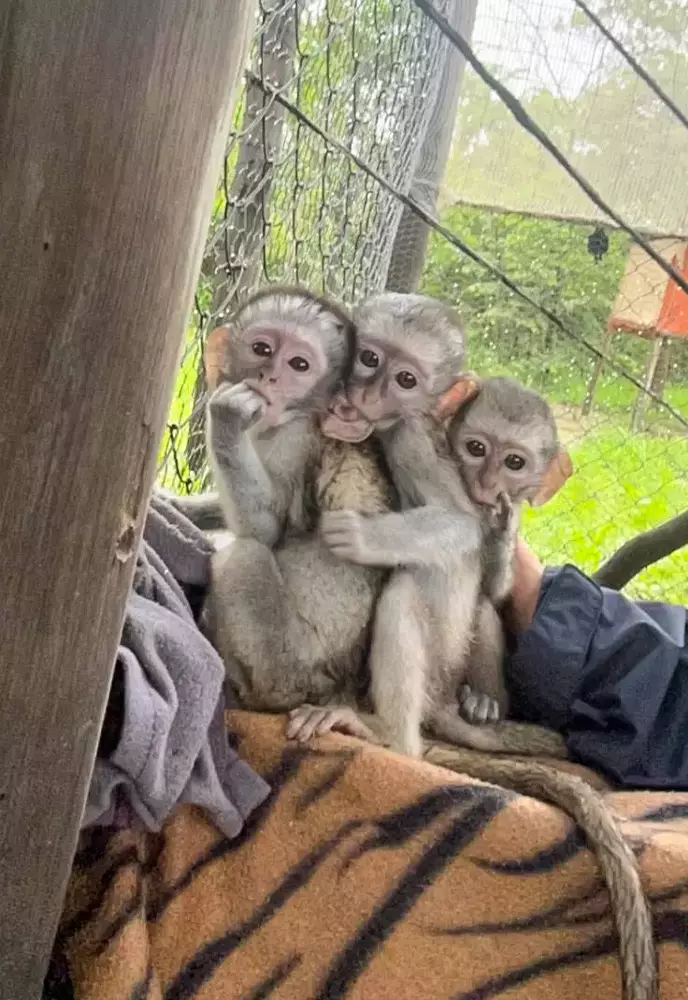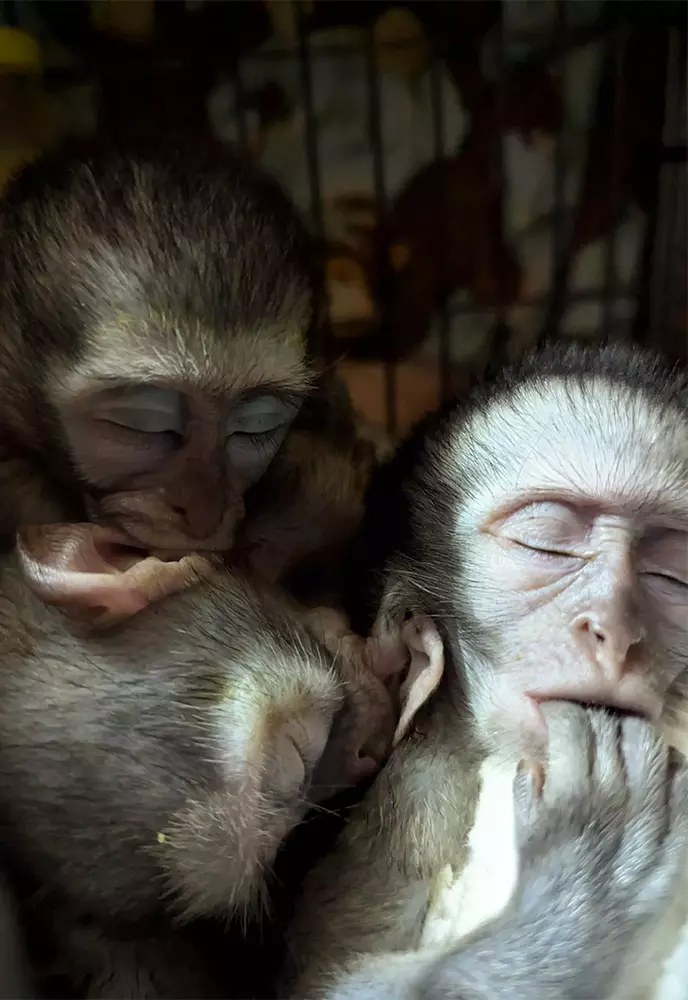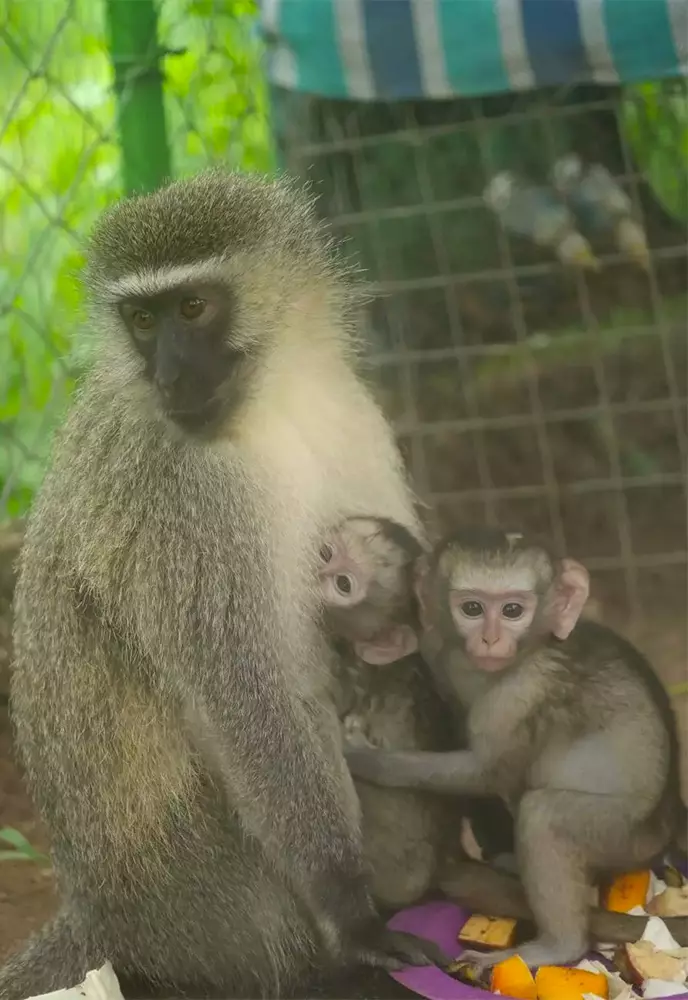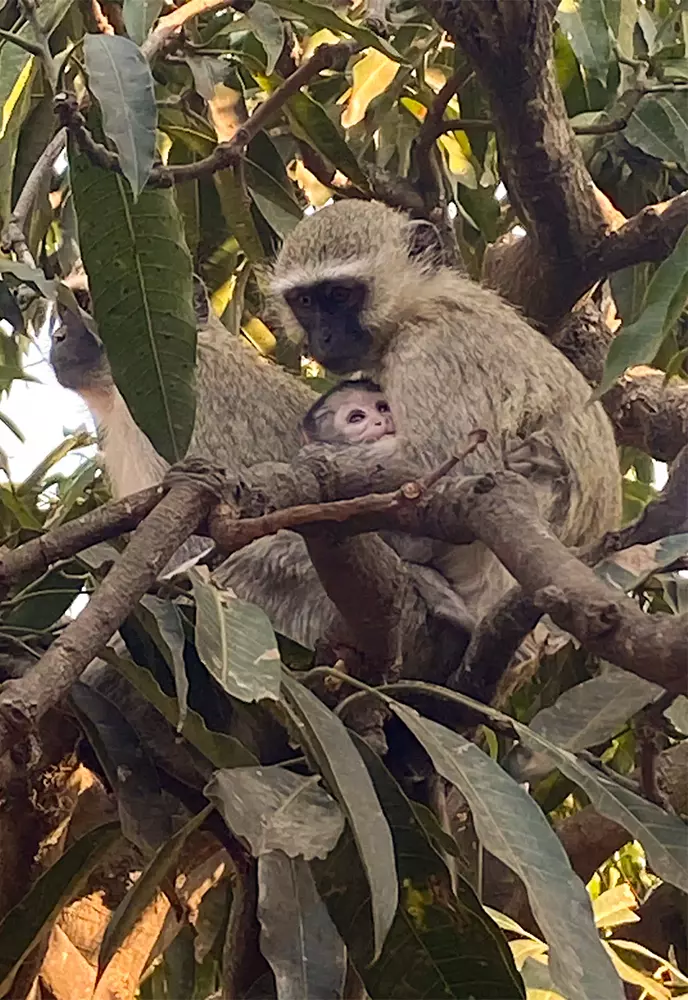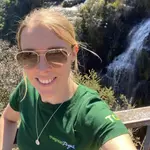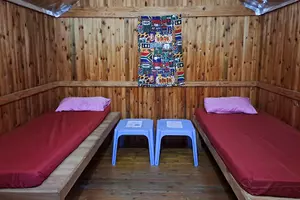

Vervet Monkey Sanctuary
Help care for injured and orphaned vervet monkeys in South Africa. Experience hands-on conservation as you aid in the rehabilitation efforts of this widely misunderstood species.
Speak To A Travel Expert
Activities
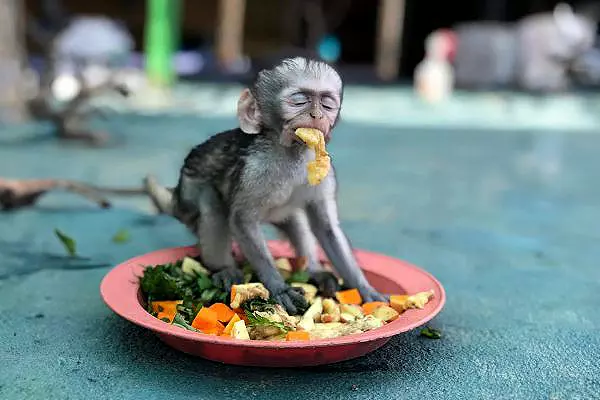
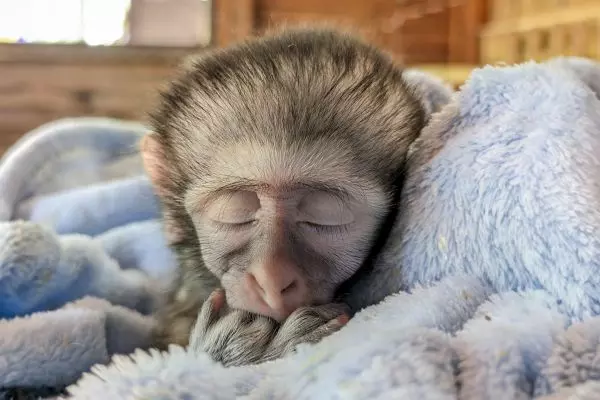
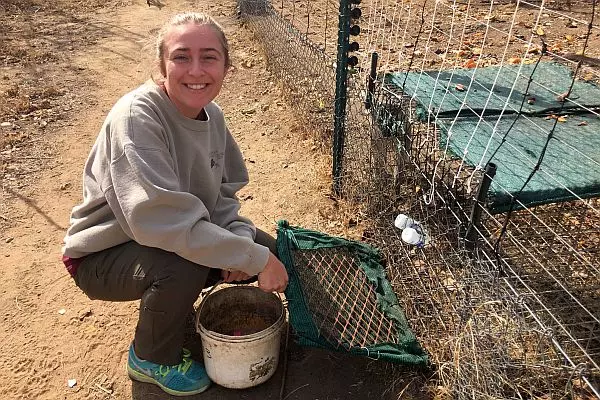
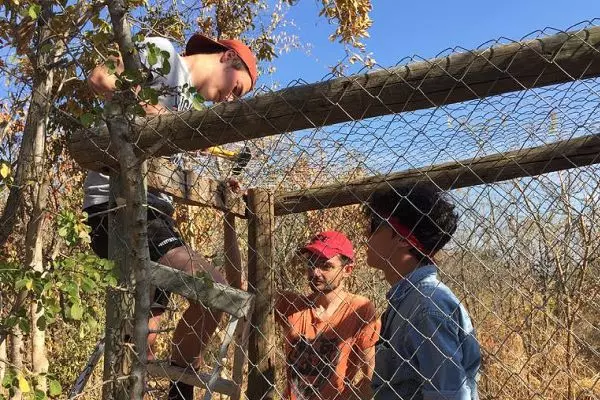
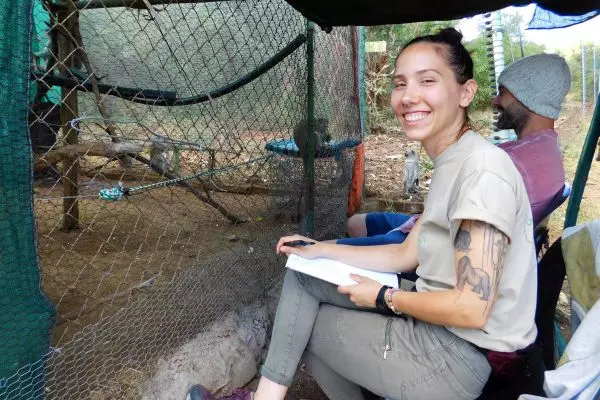
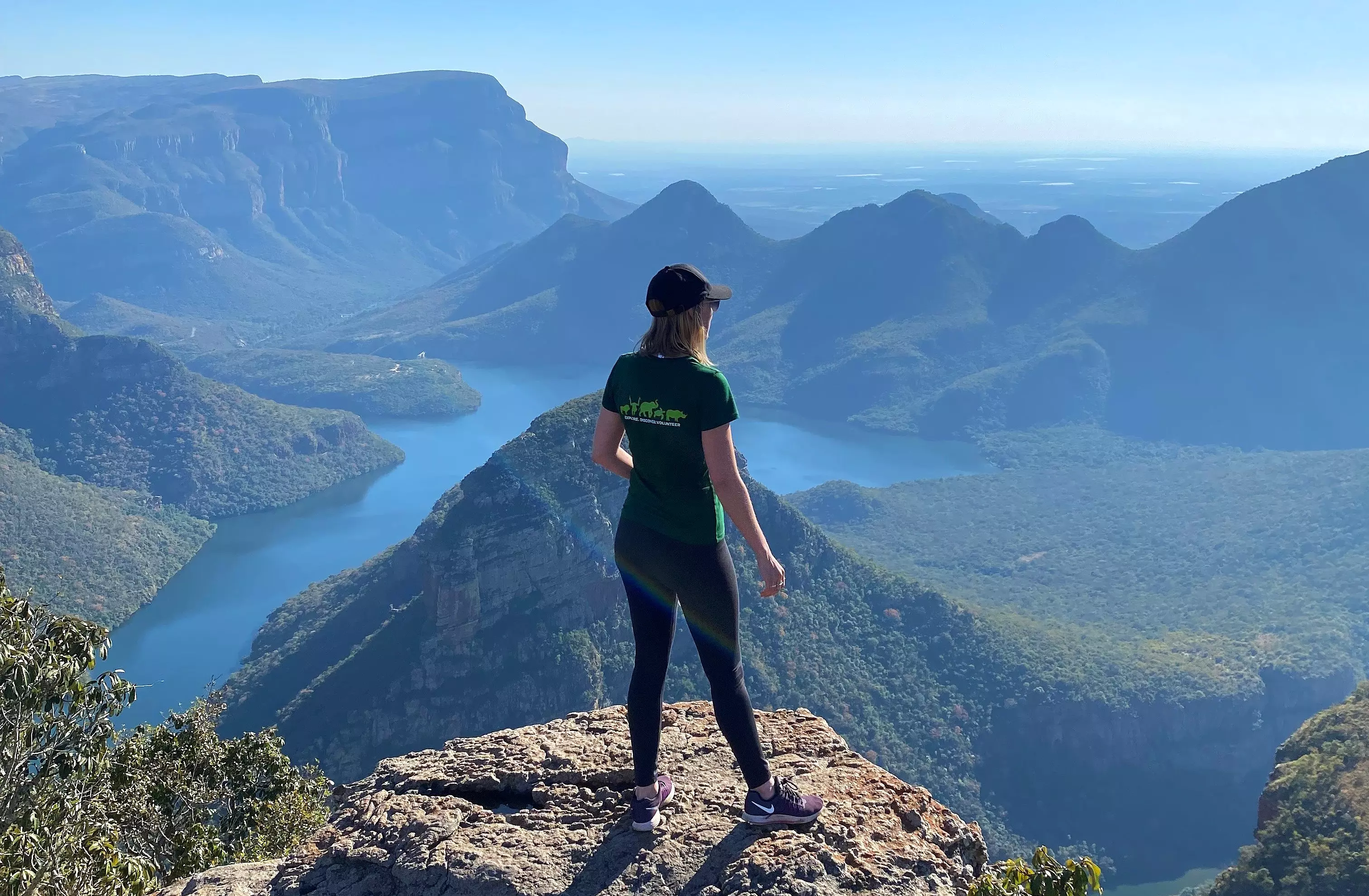
Itinerary
The below is an example of a 4-week stay which is the recommended minimum duration, however, it is possible to join for 2 or 3 weeks.
Durations & Prices
Accommodation
Accommodation
Volunteers stay in basic wooden cabins allocated on a twin-share basis with linens provided. Elsewhere in the designated ‘volunteer village’, there are four gas-lit warm showers, two eco-toilets, and a campfire, perfect for a night under the stars or an African braai. Additional amenities can be found in the communal cottage where most volunteers gather for the evening; these include hammocks, sofas, Wi-Fi, a small library of books, a ping-pong table, and lockers.
Accommodation Upgrade
If you are looking for more privacy during your stay, you can upgrade to one of the private cabins (subject to availability) for an additional fee of $135 per week from March to September or $203 per week from October to February. These cabins are situated just outside the 'volunteer village' and also come with a fan and Wi-Fi access. For more information or to check availability, please get in touch, and a member of our team will be happy to assist you.
Meals & Beverages
The sanctuary is unique due to its fully vegan approach, and volunteers are provided with three vegan meals per day. Each day starts with a self-serve breakfast, offering various cereals, toast, spreads, and fruit, and lunch and dinner are prepared by the onsite chef. Tea and coffee are available throughout the day, and soft/alcoholic drinks and snacks can be purchased from the onsite bar.
Project Details
When is the best time to volunteer?
As this project is based at a sanctuary, there are animals here year-round, however, there are two distinct seasons to be aware of:
November – February: This is considered baby season as it is when the majority of orphaned monkeys arrive at the sanctuary. It is during these months that volunteers are often involved in the hands-on care of these baby animals in preparation for their introduction to their vervet foster mothers.
This is also the hottest time of year, with average temperatures reaching highs of around 33°C (91°F) and lows of roughly 19°C (66°F), but is also the wettest time of year, although mostly with quick thunderstorms.
March – October: During these months the sanctuary team work to integrate the juveniles with their new troops and a lot of focus is on this introduction process and monitoring their progress.
There is also varying weather throughout this period with March to May and September to October being perhaps the most comfortable times of year to volunteer, with daytime temperatures averaging around 29°C (84°F) before dropping to roughly 13°C (55°F) in the evening, and minimal rainfall during this period.
Winter is from June to August, and daytime temperatures range between 26-28°C (78-82°F) with lows of around 11°C (52°F). This is the driest time of year and is great for wildlife viewing and other excursions.
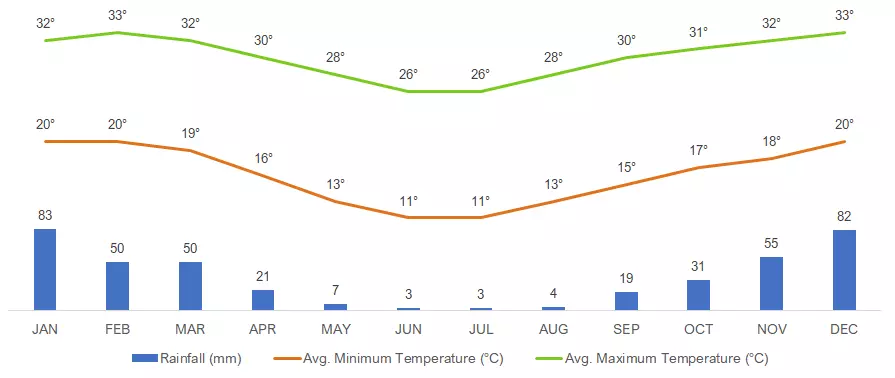
Getting There
There are two main ways to get to the sanctuary; for both options, airport transfers are included in the price of the project, so it solely depends on your travel preferences:
Arrive at Hoedspruit Airport
You will need to book a flight that arrives into Hoedspruit Airport (HDS), arriving at any time on your project start date. You will then be met in the arrivals hall and take a private transfer to the sanctuary, which takes approximately 1 hour and 10 minutes.
Arrive at Johannesburg Airport
You will need to book a flight that arrives into O.R. Tambo International Airport (JNB) before 8am on your project start date. A driver will meet you in the arrivals hall and transfer you to the shuttle bus station, a 1-hour drive away. At 9:45am, you will board a shuttle bus to Tzaneen, which will take approximately 4.5 hours. Once you arrive at the bus station in Tzaneen, you will be met by a project representative and be taken to the sanctuary, which will take around 25 minutes.
Visa Requirements
Most countries, including the UK, USA, Canada, Australia, and the majority of EU nations, do not require a visa to enter South Africa and are granted entry for up to 90 days upon arrival. To be allowed entry, you must have a passport with at least 2 blank pages for the immigration officials to use, and it must be valid for at least 6 months from the date of entry into the country.
If you're unsure about your specific visa requirements, we recommend contacting the South African embassy in your home country at least 2 months before your trip. It's important to note that obtaining a visa, should one be required, is your own responsibility.
Fitness & Skills
Prior experience is not required, but the project activities may involve some construction or maintenance work. Therefore, it is recommended that volunteers have a moderate level of fitness to contribute to the ongoing conservation efforts in comfort. Working with infant animals can be demanding and may involve night shifts, so volunteers will need to be flexible and dedicated to the cause. The most important thing is to arrive with a positive attitude and willingness to work as a team.
Vaccinations
To join this project, you must be vaccinated against Tetanus. We also recommend consulting your GP/doctor or a travel clinic and following their advice on any other recommended vaccinations for travel.
Gallery
Reviews
Amazing! A life changing experience. Will 100% take part in this again
The trip was amazing, though hard work with long hours. But the monkeys were worth it. Met some people who will remain friends for life, what more could you ask for.
Not long back from two weeks at the Vervet Monkey Sanctuary and I miss the monkeys so much! It's been a real privilege to play a part in caring for them. They are such charming and entertaining characters. Much of my time at the foundation involved preparing and distributing milk, water and food for the troops. I walked a lot, but the payback was being able to observe the behaviours of these gorgeous primates in nurturing surroundings. The accommodation is basic, as stated, and the cuisine is most definitely vegan, which as a meat eater I didn't find too difficult. Whilst not a fan of over-processed vegan alternatives, most meals cooked by the local chefs, were based on local cuisine and were delicious. The culture is to roll your sleeves up and muck in, and the work was generally physical in nature which was a welcome diversion from my usual desk job! The local spa is also a great place to rest on your day off, and even get a massage (or two)! I would recommend this experience to anyone who loves monkeys. I am already considering when I can return...
What's Included
- Accommodation
- Three vegan meals per day
- Airport transfers
- Orientation and training
- Wi-Fi
- A donation to the project
What's Not Included
- Flights
- Travel insurance
- Visas































